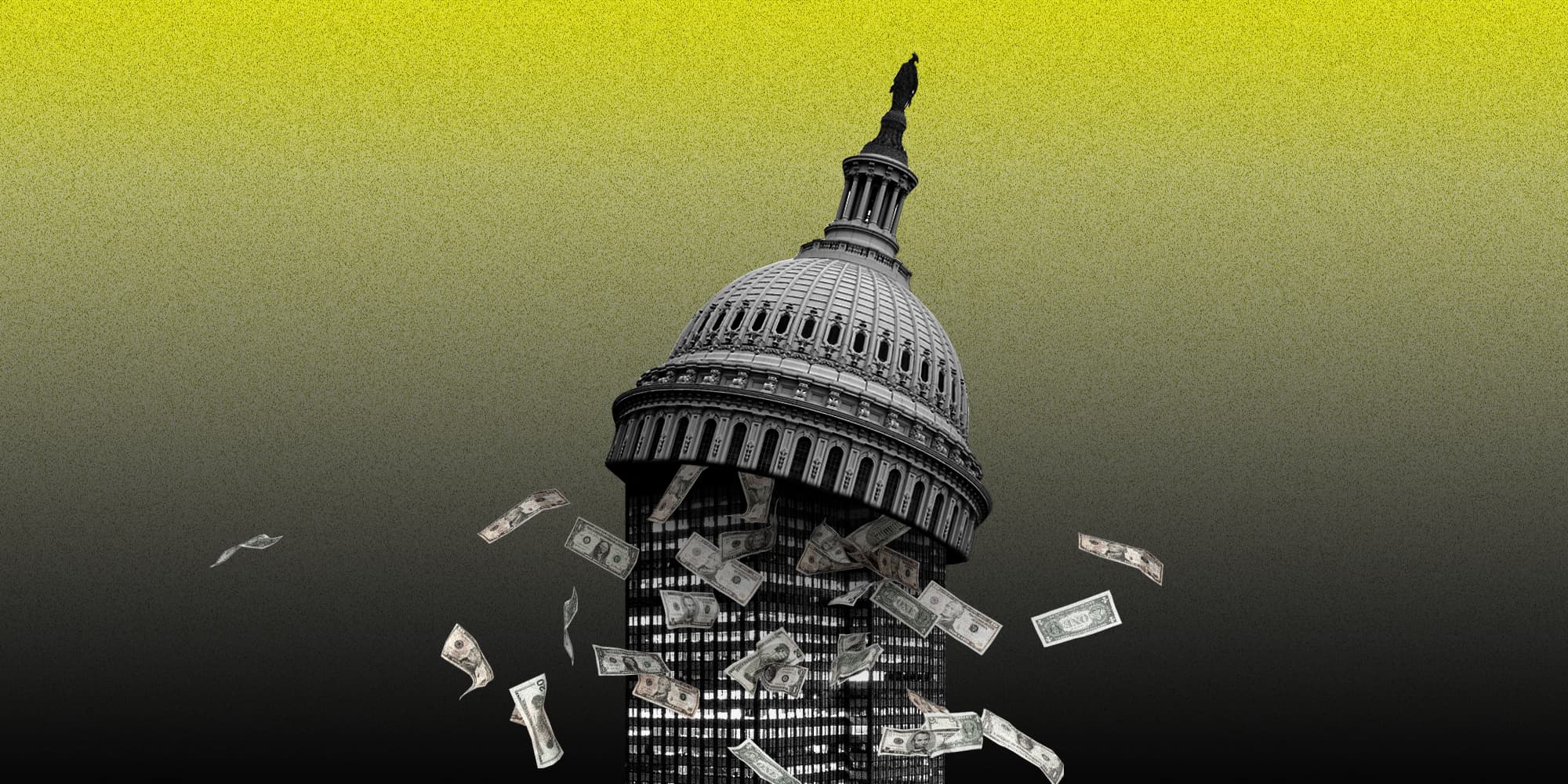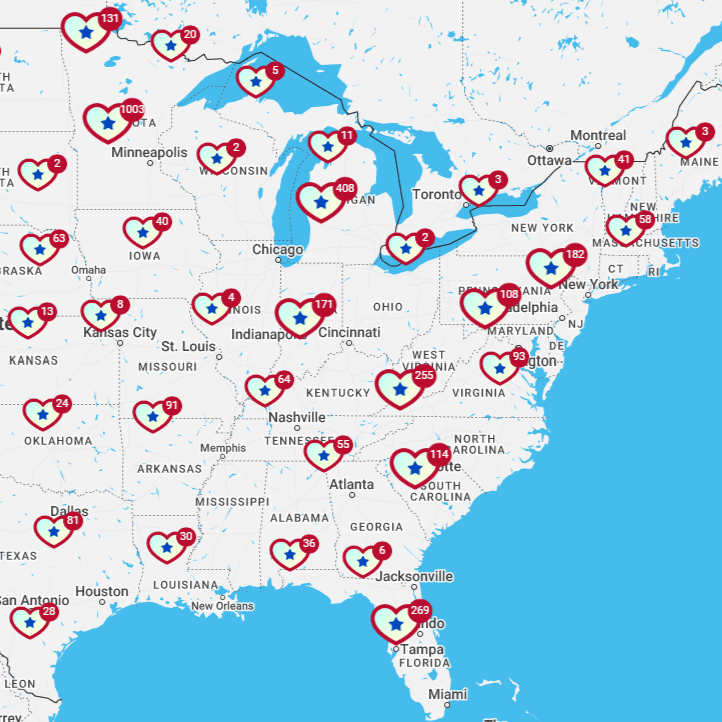
Who Actually Writes Congressional Bills? Not The Leaders You Elected…
We all know how dysfunctional Congress is – and it’s been that way not only years, but decades at this point. Ever-worsening obstructionism, gridlock, and political polarization has made it almost impossible for any single piece of legislation to actually make it through both chambers and on to the President’s desk.
That’s bad enough. But let’s take one step back and consider, for a moment, that among the tiny sliver of bills that actually manage to become law… who actually wrote them? Who wrote the literal words that become the law of the land?
You’d probably assume it was our elected officials who wrote them, right? The people who swore an oath to represent their district or state? The people we elected to become lawmakers?
What a world that would be.
Unfortunately, we live in a world where Congresspeople and Senators don’t write the bills that get voted on. Their staff aren’t even the ones who write the bills. So who does?
That’s right, you guessed – paid lobbyists working on behalf of multinational corporations and special interests.
If you think we’re exaggerating this, think again. Because Congresspeople and Senators are so obsessively preoccupied with fundraising in order to run their re-election campaigns, they don’t have any time in the day to actually, you know, draft legislation. Sometimes it’s handed off to their staff, but frequently, members of Congressional and Senate staffs are so overworked, overstressed, and underpaid, that they barely have the bandwidth to read bills, let alone author them.
Who has all the time in the world – and the lofty salaries – to write bills? Lobbyists. Their whole approach is to make the individual Congressperson or Senator’s life “easier” by drafting the bill for them, and if they have time, the Senator or someone on their staff may offer suggestions or compromises – if they have the time or desire.
To put it mildly, this is so unbelievably corrupt it almost feels like something out of a bad dystopian satire. But it’s really happening.
Bank lobbyists, for example, authored 70 of the 85 lines in a Congressional bill that was designed to lessen banking regulations – essentially making their industry wealthier and more powerful. Our elected officials are quite literally, with no exaggeration, letting massive special interests write in the actual language of these bills in order to further enrich and empower themselves… because they are too lazy or disinterested in the actual work of lawmaking themselves.
To provide another example, a state bill in Colorado would have eased drilling restrictions in an environmentally-sensitive and undeveloped land region known as the Thompson Divide. Guess what? The bill was written by SG Interests, an oil company that owned land leases around the areas it wanted to expand drilling into. Even better? They’re a major campaign donor to the state senator who brought their bill to the floor.
Just what the Founding Fathers had in mind, right?
And if you think it’s just bank lobbyists or the oil industry writing legislation specifically designed for their own advantage, think again: a two-year investigation by USA Today, The Arizona Republic, and The Center for Public Integrity found widespread use of “copycat bills” at both federal and state levels. Copycat legislation is the phenomenon in which lawmakers introduce bills that contain identical langauge and phrases to “model bills” that are drafted by corporations and special interests for lobbying purposes. In other words, these lawmakers essentially copy-pasted the exact words that lobbyists sent them.
From 2011 to 2019, this investigation found over 10,000 copycat bills that lifted entire passages directly from well-funded lobbyists and corporations. 2,100 of these copycat bills were signed into law all across the country. And more often than not, these copycat bills contain provisions specifically designed to enrich or protect the corporations that wrote the initial drafts. For one example of thousands, The Asbestos Transparency Act contains lobbyist-authored provisions that make it more difficult for victims of asbestos poisoning to sue for damages.
Make no mistake – both sides of the party spectrum are guilty of employing these copycat bills. Charles Siler, the former external relations manager for The Goldwater Institute, a conservative think thank, has praised copycat bills because it’s a faster and more efficient way to spread legislative ideas to various lawmaking bodies. “It’s not inherently bad, one way or the other. It depends on the idea and the people pushing it,” says Siler.
The managing attorney of the Giffords Institute, a liberal pro-gun control lobby, was even more blunt: “This is how all laws are written. You’d be hard-pressed to find a law where a legislator sits in a chamber until a light bulb goes off with a new policy.”
We encourage our readers to read the full results of the USA Today/Center for Public Integrity’s comprehensive study into copycat bills. Every paragraph is more maddening than the last.
Lobbyists are behind bills authored by both Democrats and Republicans – they play to both sides and capture lazy and corrupt politicians from both sides of the aisle equally. To big industries like international finance, it doesn’t matter if their bill is sponsored by a Democrat or a Republican, or if it’s signed by a Democratic President or a Republican President. It’s their own words! The letter D or R next to the name of the politician is just window dressing to them, because they are the ones who are setting the agenda, no matter which party is nominally “in charge.”
Special interests and massive corporations know who is really in power – they are.
